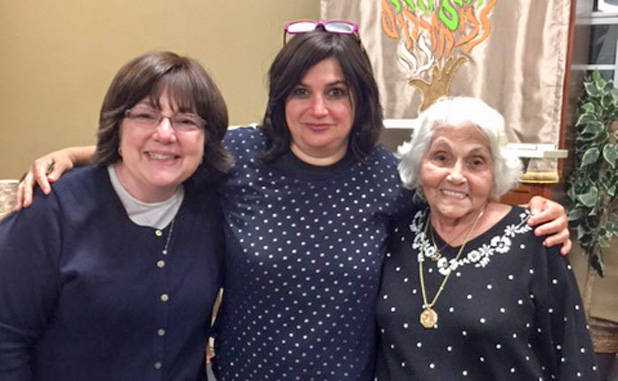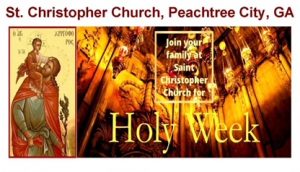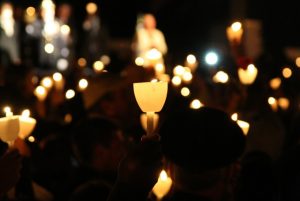It wasn’t your usual, run-of-the-mill guest speaker. How often does one get to meet and hear a survivor of the horrible death camps of the Holocaust?
Last week, Rabbi Yossi Lew of Chabad of Peachtree City was successful in securing a visit from Mrs. Helen Gerson, age 88, and her daughter, Rhoda Gleicher, a teacher at Torah Day School in Atlanta, for a special appearance on Holocaust Remembrance Day.
Gerson is a survivor of the Lodz Ghetto, Auschwitz and Bergen Belsen concentration camps in Germany.
Yom HaShoah, or Holocaust Remembrance Day, was anchored into law in 1953 in Israel. A special day was put aside to remember with respect and dignity the dead and the survivors. The actual date this year was May 4.
By 7 p.m. last Wednesday, a small, mostly Jewish crowd gathered at the Chabad house in Peachtree City awaiting their guest. Shortly after, Gerson and her daughter, entered. Gerson, a petite, attractive, woman with a ready smile and bright eyes, spoke to the group and relayed a story of horror and survival.
Gerson was a young girl when her father, a renowned pattern maker, was advised to leave their home and move to a safer place. They moved to Lodz where her Father was employed by the Nazis to make uniforms for German soldiers which kept him alive. Her job was stuffing hay into the boots of the German soldiers.
Eventually, the ghetto was emptied and she and her family were sent to Auschwitz. There Dr. Mengele, the death maker, would decide to send her healthy family to the right but the youngest, Helen, to the left. But Gerson was always a mischievous child. When Mengala looked away, Gerson ran from her line and joined her family.
Gerson was 11 at the time and remembers always being hungry and being given hot water with a peel of potato for soup. Once a guard was kind to her and brought her to the kitchen and gave her bread and sausage. She hid the food and brought it back to her father, her aunt, her sister and cousins. Each person received a morsel and was thankful for that.
Gerson remembers working in the garden picking vegetables for the German soldiers after being moved to Bergen Belson about a mile and a half down the road. Once she hid a small carrot in her dress. An older woman guard noticed the carrot in the dress and punched her violently in the mouth, knocking out a front tooth.
“See I got a new one,” Gerson stated to the Peachtree City group, smiling.
The camp was liberated by the English. She remembers well when a tank rolled in and German officers walked along side with their arms tied behind their backs. Still young and not sure what this meant, she looked up at the older people who said it must be a trick.
A young officer came out of the tank and said, “You are all free, you can go.” Still no one moved. Finally the officer, speaking Yiddish, pulled out his Star of David and said, “Look, I am Jewish too. You are all free.” Then they believed. Some prisoners of the camp dug up what dirt they could and threw it at the Germans who were now captured.
In 1946, Gerson and the family that survived moved to New York to join an uncle. She was 16 years old.
Rabbi Lew referred to Gerson as a hero. Not only did she survive the worst Holocaust, but from the ashes she rebuilt her Jewish life with children and grandchildren. Her daughter explained that, having witnessed the story, each person present was now a witness to the holocaust.
Shown above (L-R), Rhoda Gleicher, Schternie Lew, wife of Rabbi Yossi Lew, and Gleicher’s mother, Helen Gerson, pose for a photo following Gerson’s talk in Peachtree City about how she survived the Holocaust. Photo/Special.













Leave a Comment
You must be logged in to post a comment.